Top 10 Books That Changed the World

Discover the Top 10 Books That Changed the World, from religious texts like the Bible and Qur’an to influential philosophical works by Ayn Rand, Karl Marx, and Simone de Beauvoir. Explore how these groundbreaking books shaped history, culture, science, and politics
1. The Bible by Various Authors (Circa 30–90 AD)
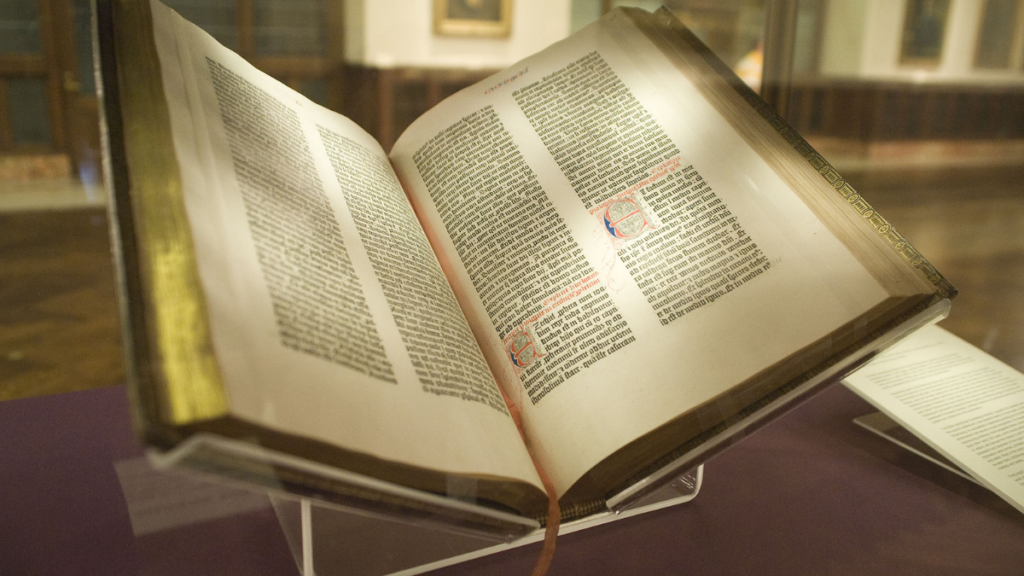
The Bible has profoundly shaped the world, influencing religious, cultural, and social systems for centuries. A few hundred years after its formation, it helped convert the Roman Empire to Christianity. Today, Christianity remains the largest religion globally, with the Roman Catholic Church as its largest denomination. The Bible is divided into the Old and New Testaments and was also the first book printed using the Gutenberg press, making it the most purchased book in history.
2. The Qur’an by Various Authors (650–656 AD)

The Qur’an, the holy book of Islam, is believed to be a revelation from God to the Prophet Mohammed through the angel Gabriel. Initially transmitted orally, the Qur’an was compiled into a written form about 20 years after Mohammed’s death. It is considered by Muslims to be the final revelation from God. Despite controversy surrounding its interpretation, the Qur’an continues to guide the spiritual and social lives of millions of believers worldwide.
3. The Summa Theologica by St. Thomas Aquinas (1265–1274)

This theological masterpiece outlines Christian doctrines and remains a cornerstone of Roman Catholic education. It played a pivotal role in shaping Christian thought, especially during the Council of Trent (1545–1563), which reformed the Church. To this day, it is used as a core text in Catholic seminaries, and Aquinas is revered as a Doctor of the Church.
4. The Rights of Man by Thomas Paine (1791)

This influential book by Paine, an advocate of democracy, challenged the legitimacy of monarchies and military establishments. Paine argued that governments exist solely to protect the inherent rights of individuals. His ideas significantly influenced the French and American revolutions, despite his absence from England, where his book was banned and he was tried in absentia for seditious libel.
5. Either/Or by Søren Kierkegaard (1843)

Kierkegaard, the father of existentialism, explores two ways of life: one rooted in pleasure, and the other in ethical responsibility. The book has profoundly impacted existential philosophy, which emphasizes individual freedom and responsibility in creating meaning. Despite its philosophical significance, Either/Or wasn’t translated into English until 1944, limiting its early impact.
6. The Communist Manifesto by Karl Marx and Friedrich Engels (1848)
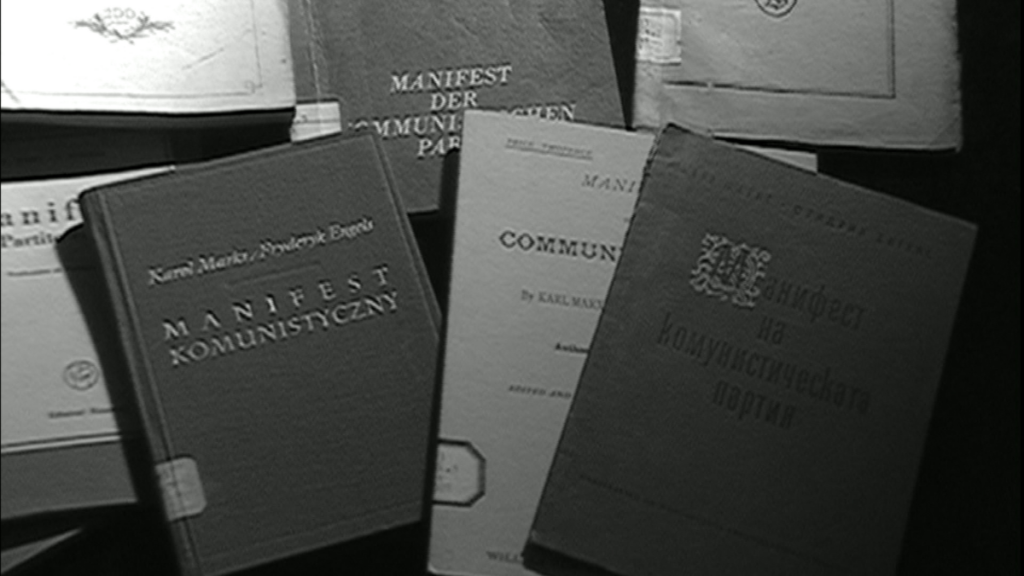
This short yet powerful manifesto has profoundly shaped political thought and action worldwide. It outlines the need for a working-class revolution to overthrow capitalist systems and create a classless society. Its famous rallying cry—“Workers of the world, unite!”—continues to inspire political movements to this day.
7. Experimental Researches in Electricity by Michael Faraday (1855)

Faraday’s work on electromagnetism laid the foundation for modern electrical technology. Though he lacked formal education, his experiments led to the development of electric motors. Faraday’s scientific contributions continue to shape the field of physics and the practical application of electricity in everyday life.
8. On the Origin of Species by Charles Darwin (1859)
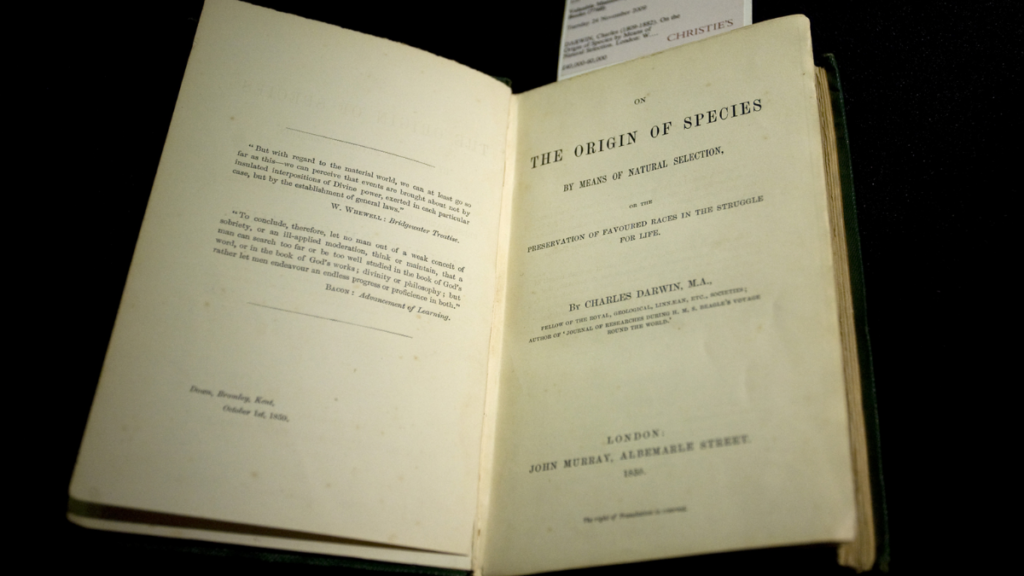
Darwin’s groundbreaking book introduced the theory of evolution by natural selection, challenging religious perspectives on creation. Although initially controversial, it revolutionized biological sciences. Darwin’s ideas continue to influence discussions in science, education, and philosophy, especially in the ongoing debate between creationism and evolution.
9. The Second Sex by Simone de Beauvoir (1949)
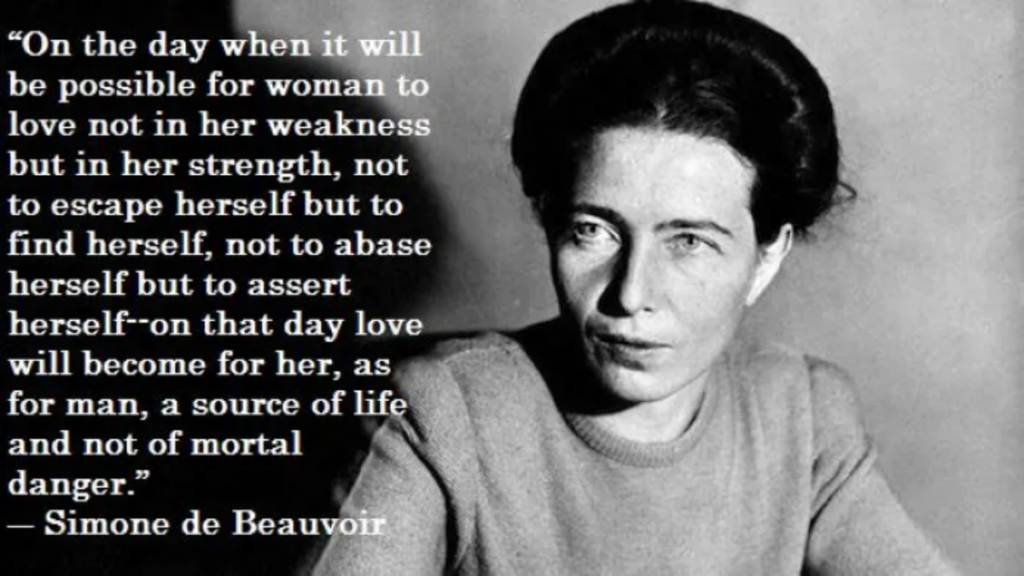
This seminal feminist work explores how women have been historically defined as inferior to men. De Beauvoir argues that for true equality, women must reject societal perceptions that view them as deviations from the male norm. Her book has had a lasting influence on feminist thought and remains a cornerstone of gender studies.
10. Atlas Shrugged by Ayn Rand (1957)
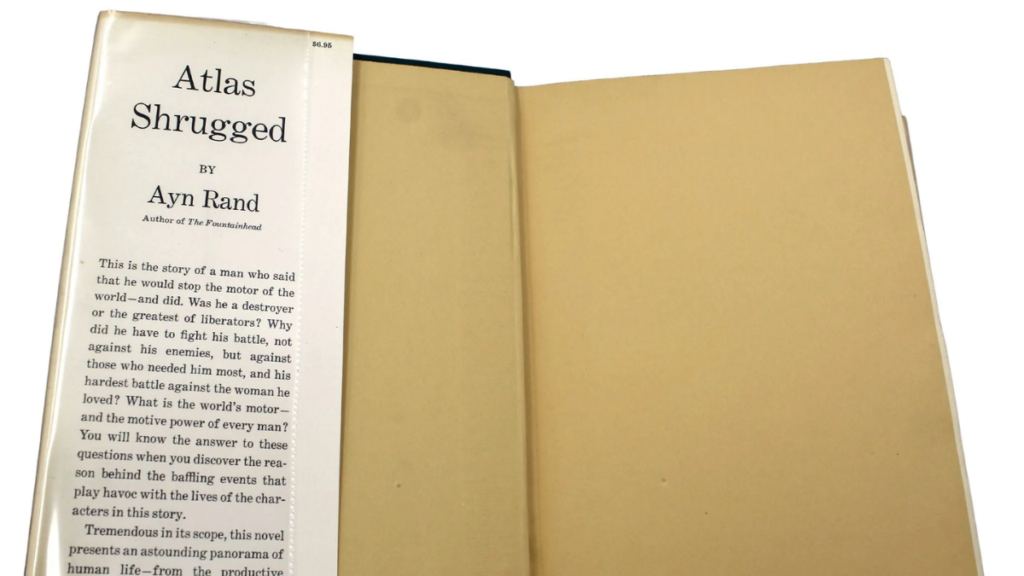
This novel presents Rand’s philosophy of Objectivism, emphasizing individualism, capitalism, and rational self-interest. Though initially met with critical skepticism, Atlas Shrugged gained a devoted following, especially within the libertarian movement. Its influence endures, inspiring debates about personal freedom, capitalism, and government intervention.


